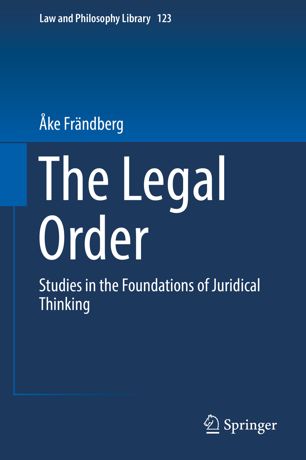

Most ebook files are in PDF format, so you can easily read them using various software such as Foxit Reader or directly on the Google Chrome browser.
Some ebook files are released by publishers in other formats such as .awz, .mobi, .epub, .fb2, etc. You may need to install specific software to read these formats on mobile/PC, such as Calibre.
Please read the tutorial at this link: https://ebookbell.com/faq
We offer FREE conversion to the popular formats you request; however, this may take some time. Therefore, right after payment, please email us, and we will try to provide the service as quickly as possible.
For some exceptional file formats or broken links (if any), please refrain from opening any disputes. Instead, email us first, and we will try to assist within a maximum of 6 hours.
EbookBell Team

4.3
38 reviewsIn this monograph a fundamental distinction is made between law and juridical thinking. Law is the content of legal rules and the systems of legal rules. Juridical thinking is the handling of the law by the lawyers. To this distinction corresponds a basic distinction between the language of law and the language of juridical thinking, and correlatively, between L-concepts (law concepts) and J-concepts (juridical or jurisprudential concepts). The monograph is devoted to the J-concepts, especially of technical (not ideological or evaluative) J-concepts.
Four kinds of J-concepts are investigated: morphological J-concepts, those that help us to structure the law in a logical and functional way; topological J-concepts, those that help us to indicate the phenomena to which the law is applicable, and to separate the areas of application for different legal systems; praxeological J-concepts, those that help us to explore the relations between law and action, and methodological J-concepts, those that help us to describe the methods of the professional-juridical handling of the law.
The work can be characterised as presenting a lawyer´s philosophy of law.